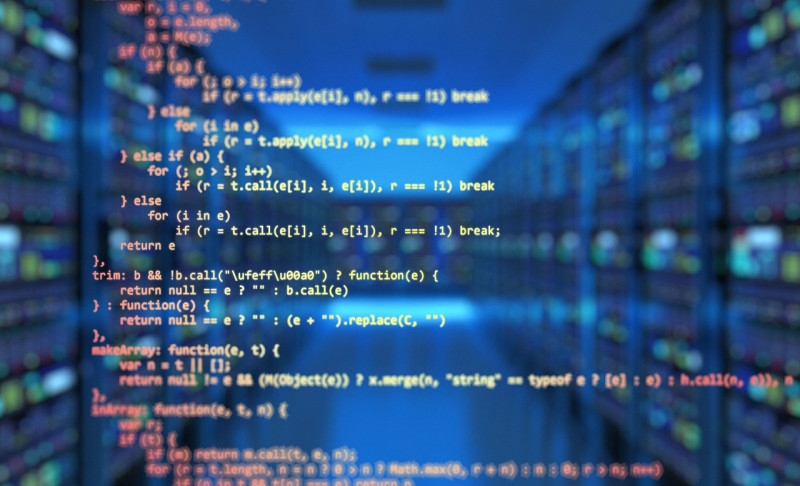Description
Knowledge of R is beneficial but not required if you have worked with SPSS, Stata, SAS or other statistical software already. Topics include coverage errors, complex sampling, nonresponse adjustment, measurement error, and analysis of incomplete data. Special attention will be given to the analysis of complex surveys that include weighting, stratification and design effects.
Changes in technology and society strongly influence modern survey research. This course covers the essentials of modern survey analysis and estimation and is organized by the Department of Methodology and Statistics (Utrecht University). Lectures, practical applications, and computer classes are alternated. The course is intended for advanced students and professionals in such fields as social and behavioral research, marketing, business, health sciences, and official statistics. The course is for researchers who intend to design and analyze their own survey, but also for researchers who analyze secondary data sets, such as the European Social Survey (ESS) or the International Social Survey Program (ISSP).
Central to the course is survey quality and the reduction of Total Survey Error (coverage, sampling, nonresponse, adjustment, measurement error, and processing error). Participants will be presented with tools for detection and adjustment of such errors. Analysis methods are introduced using R. Lectures and computer classes cover basic ideas from the TSE-perspective, sampling and non-sampling error: an introduction in R, survey estimation and inference, complex sampling, nonresponse adjustment, analysis of incomplete data, and measurement errors. Special attention will be given to the analysis of complex surveys, for example, weighting, stratification, and design effects.
This course assumes knowledge of survey methodology and statistics. Participants should be acquainted with Analysis of Variance, Multiple Regression Analysis, standard errors, and have some hands-on experience with statistical software such as SPSS, Stata, SAS. No prior knowledge of R is assumed.
A good preparation is our Summer School course ‘Survey Research: Design, Implementation and Data Processing’ (S15).
Participants need a laptop computer with R or SPSS installed for the computer practicals.
Video and Documents:
Day to Day Documents
S16 Day-to-day 2024.pdf
Target audience
The course is intended for advanced students and professionals in such fields as social and behavioral research, marketing, business, health sciences, and official statistics. The course aims at researchers who intend to design and analyze their own survey, but also at researchers who analyze secondary data such as the European Social Survey (ESS) or the International Social Survey Program (ISSP).
This course assumes general knowledge of survey methodology and statistics. Participants should be acquainted with the basics of Analysis of Variance, Multiple Regression Analysis, standard errors, and have some hands-on experience with a statistical package (e.g., SPSS, Stata, SAS). No prior knowledge of R is assumed.
A maximum of 40 participants will be admitted to this course. Please note that the selection for this course will be done on a first-come-first-served basis.
Aim of the course
This course aims to provide participants with state of the art knowledge and application oriented skills for survey analysis and estimation. After the course, participants are ready to apply the learned towards their own data or archived data sets, and are able to take advanced training in complex survey statistics and adjustment..
For an overview of all our summer school courses offered by the Department of Methodology and Statistics please click here.
We also offer tailor-made M&S courses and in-house M&S training. If you want to check out the possibilities, please contact us at ms.summerschool@uu.nl
Study load
The course consists of formal lectures, less formal presentations or case studies, and practical exercises (with feedback) that apply the tools presented in the lectures. A typical course day starts at 9.00 hours and ends at 16.30 hours, with breaks for coffee, lunch and tea. In general, the morning session consists of lectures and presentations, and the afternoon session is a computer lab during which the topics of the morning are applied on example data. On the last day (Friday), after the morning programme, there is an opportunity for individual consultation. Students who want to use this opportunity are expected to prepare for this in advance.
You will receive a certificate upon course completion. Please be aware that this course does not include graded activities, and therefore we cannot provide a transcript of grades.
Costs
-
Course fee:
€850.00
-
-
Included:
Course + course materials + lunch
-
Housing fee:
€200
-
Housing provider:
Utrecht Summer School
PhD students from the Faculty of Social and Behavioural Sciences at Utrecht University have the opportunity to attend three Winter/Summer School courses funded by the Graduate School of Social and Behavioural Sciences. Additionally, they may choose to take as many courses as they wish at their own expense from their personal budget.
There are no scholarships available for this course.
Additional information
The housing costs do not include a Utrecht Summer School sleeping bag. This is a separate product on the invoice. If you wish to bring your own bedding, please deselect or remove the sleeping bag from your order.
Tags


